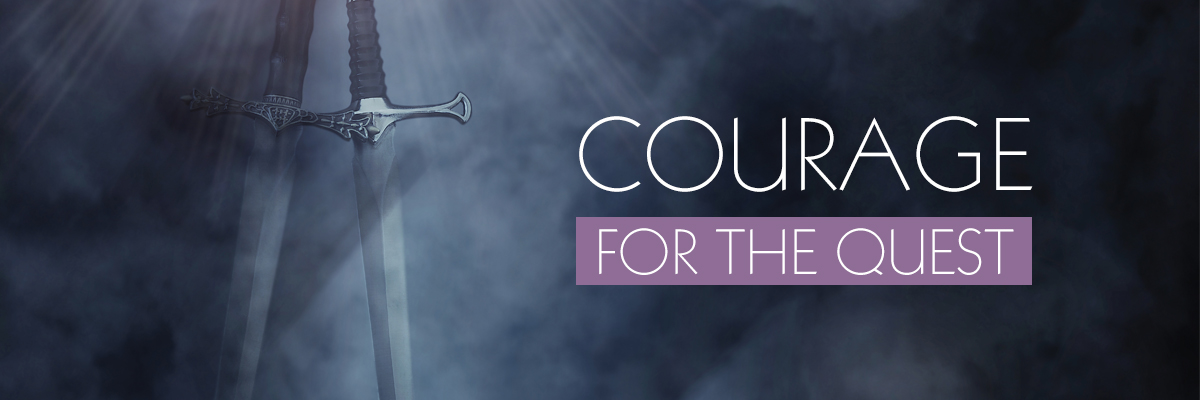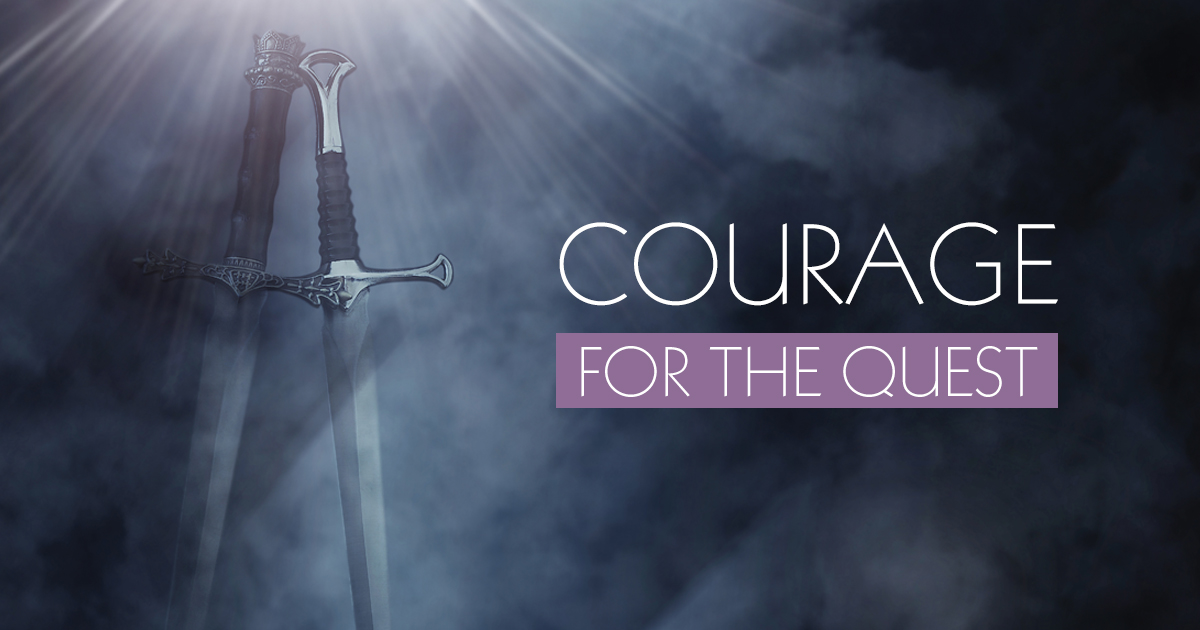

Who Owns the Land?
- July 2020 Issue
“We must recognize that everything we call our own ultimately belongs to God. We are merely caretakers and stewards of all the goods and gifts which God has provided.”
Readers of the book of Joshua may be troubled by his command to “take possession of the land” (Josh. 1:11). We know that others were already living in Canaan. What right did Joshua have to issue such a directive?
First, the Bible teaches that the whole earth is God’s possession. Not only does God have authority over the land, but He also exercises sovereignty over those who dwell on it. Psalm 24:1 declares, “The earth is the Lord’s, and everything in it, the world, and all who live in it.” Second, the Bible makes it clear that God’s hand played a role in determining where people have settled across the globe throughout history. According to Acts 17:26, “From one man he made all the nations, that they should inhabit the whole earth.” Third, Israel’s dispossession of the people of Canaan was both a fulfillment of God’s promise to Abraham and an act of divine judgment.
The Lord made a covenant with Abraham to give the land to him and his descendants as an inheritance (Gen. 15:7, 18–19). He warned Abraham that He would judge those already living in the land of Canaan because of their sin (Gen. 15:16). As Old Testament commentator Derek Kidner points out, Joshua’s command was an exercise of justice, not aggression. What is more, the Lord waited patiently for four generations before carrying out this threat. During that time, Abraham’s descendants were sold into slavery in Egypt. Kidner explains, “Until it was right to invade, God’s people must wait, [even if] it cost them centuries of hardship.”
Joshua led Israel into Canaan to receive their inheritance from God. Although they took possession of the land, they did not own it. They were stewards and caretakers of what belonged to God. The Israelites could not sell the land permanently (Lev. 25:23). Every fifty years, the property had to be returned to those who originally inherited it. In the same way, we must recognize that everything we call our own ultimately belongs to God. We are merely caretakers and stewards of all the goods and gifts which God has provided.
For Further Study
To learn more about the book of Joshua, read Joshua: No Falling Words by Dale Ralph Davis (Christian Focus).




